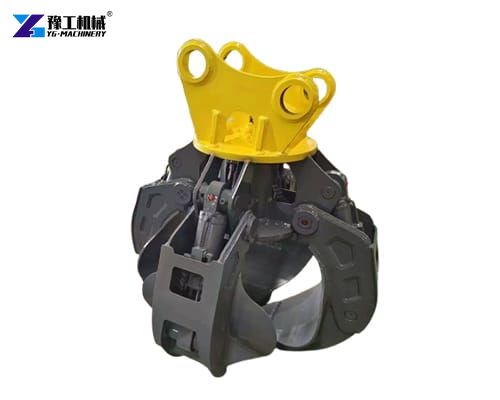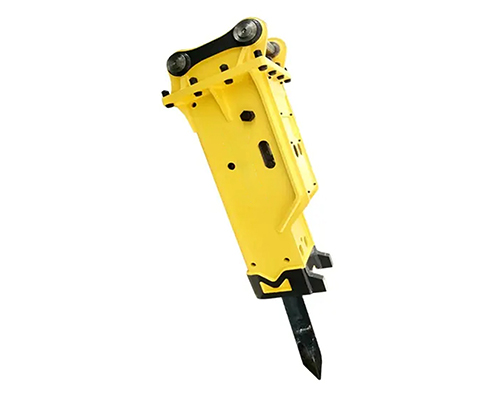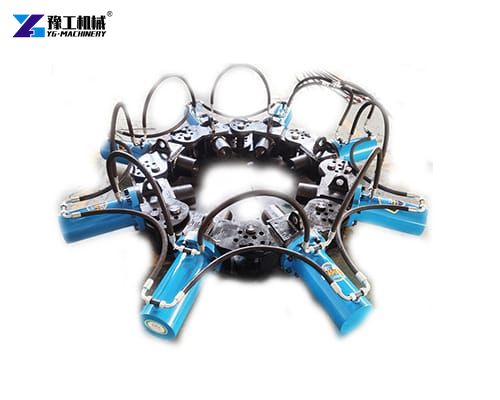Rotary screening bucket is an attachment designed for excavators and other heavy machinery. It features a rotating drum with perforated screens that sift through materials, allowing smaller particles to pass through while retaining larger debris. This innovative design enables on-site screening, eliminating the need for multiple machines or manual sorting processes.
Benefits of Using A Rotating Screening Bucket
Versatility:
Screen different materials such as soil, sand, gravel, stones, rubble, and organic waste.
Suitable for various applications, including landscaping, pipeline laying, foundation preparation, and waste recycling.
Efficiency:
Rotary screening bucket reduces the need for additional screening equipment or manual labor.
Allows continuous operation, saving time and increasing productivity.
Precision:
Adjustable screen sizes allow for precise control over the output material size.
Ensures consistent quality of screened materials.
Durability:
Constructed from high-strength steel and wear-resistant components for long-lasting performance.
Designed to withstand harsh working conditions and heavy loads.
Applications of Rotary Screening Buckets
Construction Sites:
Screening aggregate for concrete production.
Separating rebar and other debris from concrete rubble.
Landscaping Projects:
Preparing topsoil for planting.
Creating gravel paths or drainage systems.
Demolition Work:
Recycling construction and demolition waste.
Separating valuable materials from rubble for reuse.
How Does Rotary Sieve Bucket Work?
Step 1: Load material into the rotary screening bucket.
Step 2: Activate the hydraulic rotation. The internal drum spins.
Step 3: Screen: Fines fall through the mesh; oversize (rocks, debris) exits the rear.
Step 4: Repurpose: Use screened material immediately or stockpile.
How to Operate A Rotary Sieve Bucket?
Operating a rotary screening bucket is simple and efficient:
Mount the Bucket: Attach to the machine using the quick coupler system.
Engage the Hydraulics: Power the rotary drum through the carrier’s hydraulic lines.
Screen Materials: Scoop and screen in a single motion, allowing fine material to fall through.
Unload Oversized Debris: Retained materials can be dumped in a separate pile for further processing or disposal.




